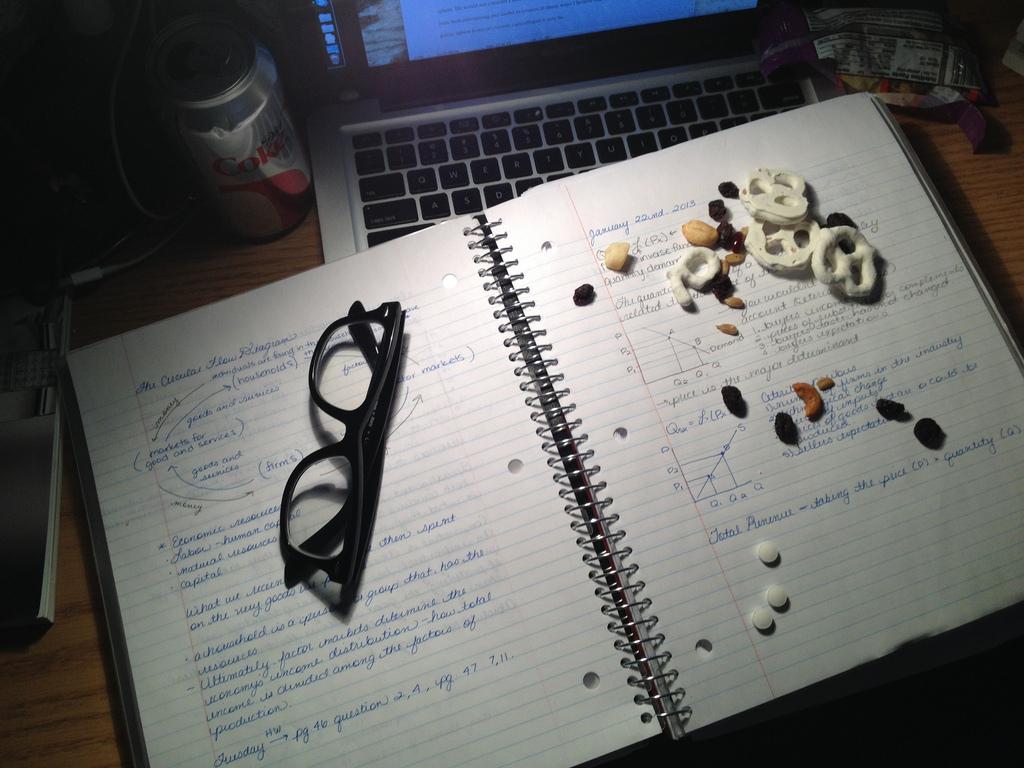“Smart Pills” Aren’t Such a Smart Idea
January 26, 2013

At any given time, college students are generally caught in a balancing act: juggling four or five classes, working to pay for their education, finding possible internships to build their resume and trying to remain socially active. With Fordham’s location right in the middle of the rush of New York City, the temptation to do things other than what is on our to do lists is greater than ever.
It’s not surprising that many students find themselves overwhelmed. In search of a solution, many have turned to Adderall to get their work done. Others tend to procrastinate and end up being reprimanded and judged for this activity as well. Neither are true solutions, because both extremes only cause problems for the student in question. In any case, I prefer procrastination. I like many people find that I work better when I’m pressed for time. More seriously, no one can predict the way they will act under the influence of performance-enhancing drugs.
Commonly referred to as the “study buddy” of drugs, Adderall is a prescription drug that is typically prescribed to treat attention deficit disorder. However, many students take the drug because it helps them focus on their schoolwork and pull all-nighters without consequences the next day. Students feel as if they have an advantage because it allows them to work to their fullest potential, because with the drug they are able to get things done without distraction.
This may seem like a good idea, but one must look closely at the possible side effects. Adderall has been known to trigger depression, anxiety, panic attacks, insomnia and mood swings, as well as possibly hinder creativity because one is so focused on getting things done. The drug is also very addictive; if a student gets used to doing their work only when under Adderall’s influence, they may not be able to focus at all without it. If one becomes addicted, their performance will not be enhanced by these “smart pills.” Rather, they will only suffer and be worse off than they were from falling behind schedule in one class or missing a deadline.
Without Adderall we might ask, “what is the procrastinating student supposed to do?” With so many distractions and other responsibilities that students have today, it is very easy for them to fall behind. A paper written at four in the morning for a 10 a.m. class is not going to be well researched or well written. As an end result, the grade will not be nearly as good. But if you know you are a procrastinator and can’t change that work ethic, it does not mean it has to be the downfall of you and your GPA.
John Perry, a philosopher at Stanford, coined the term “structured procrastination,” which means that we understand we will put off things we don’t want to do, but we rarely do nothing. All it takes is shifting around your to do list and procrastinating other tasks instead of the one you were procrastinating in the first place. The only way to succeed in all aspects is to carefully manage one’s time and not fall into either extreme category when they are desperate.
All students are searching for a happy medium. Being honest is always the best way to go about schoolwork, both with yourself and your professors. Students should always keep in mind that professors were once students, too. They know what it’s like to be as swamped like you are right now. If you know you won’t make a deadline, ask for an extension. You might be surprised.












Too many cooks • Apr 16, 2018 at 11:46 pm
These two better settle their score now before everything ends up burnt!
Anette • Nov 12, 2017 at 5:16 pm
Can I just say what a relief to find someone who actually knows what theyre talking about on the internet. You definitely know how to bring an issue to light and make it important. More people need to read this and understand this side of the story. I cant believe youre not more popular because you definitely have the gift.
Smart PIlls • Mar 19, 2013 at 4:07 pm
College students are simply seeking the drug to enhance their cognitive memory power due to the educational stress. parents also simply forced to take this pill to achieve in studies.